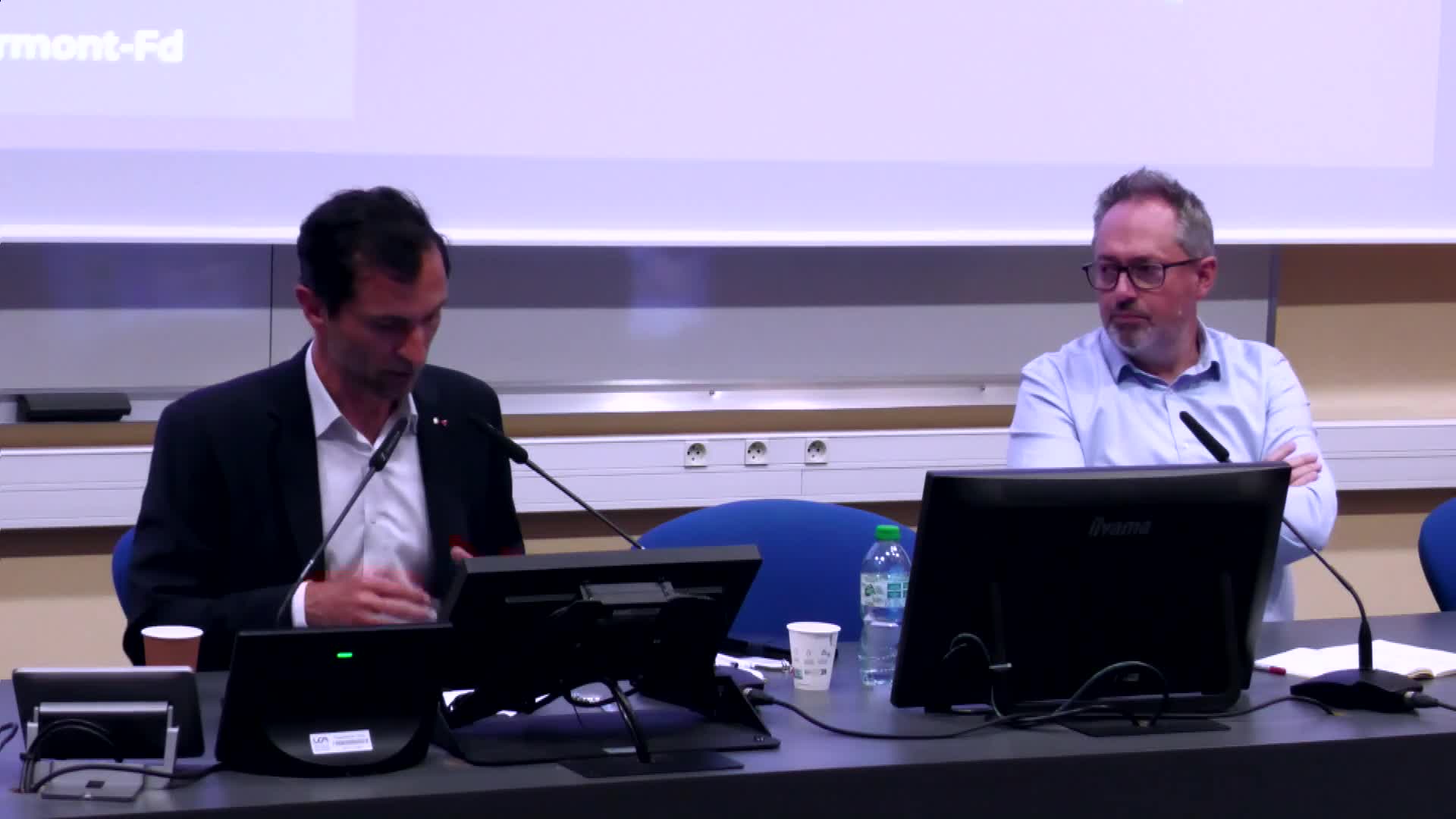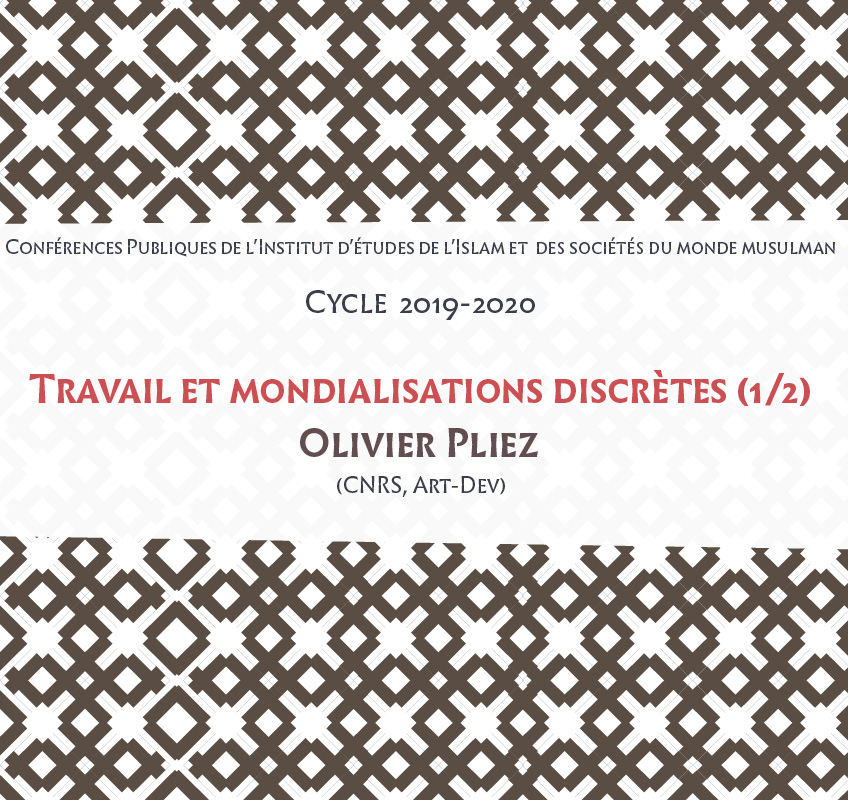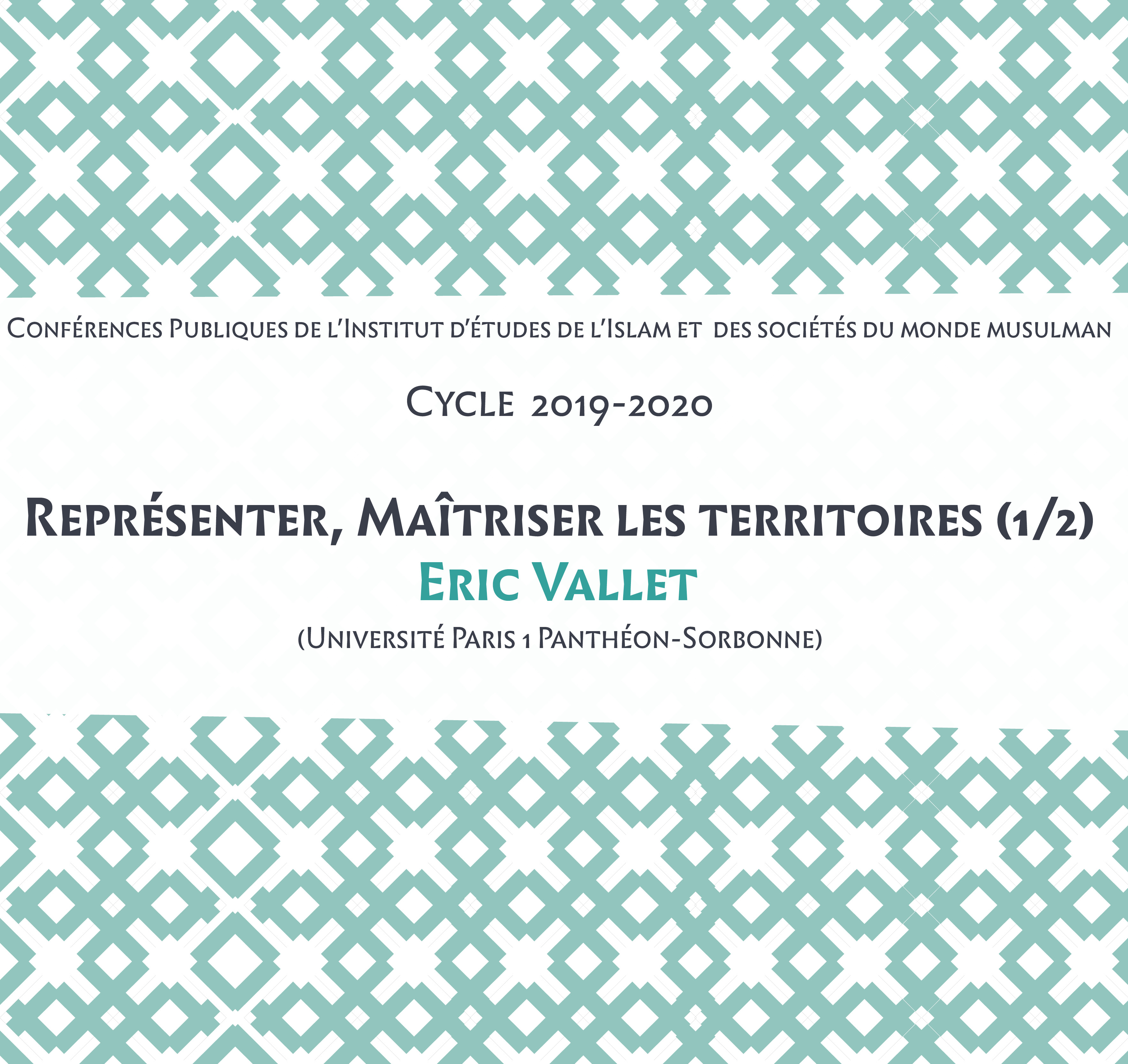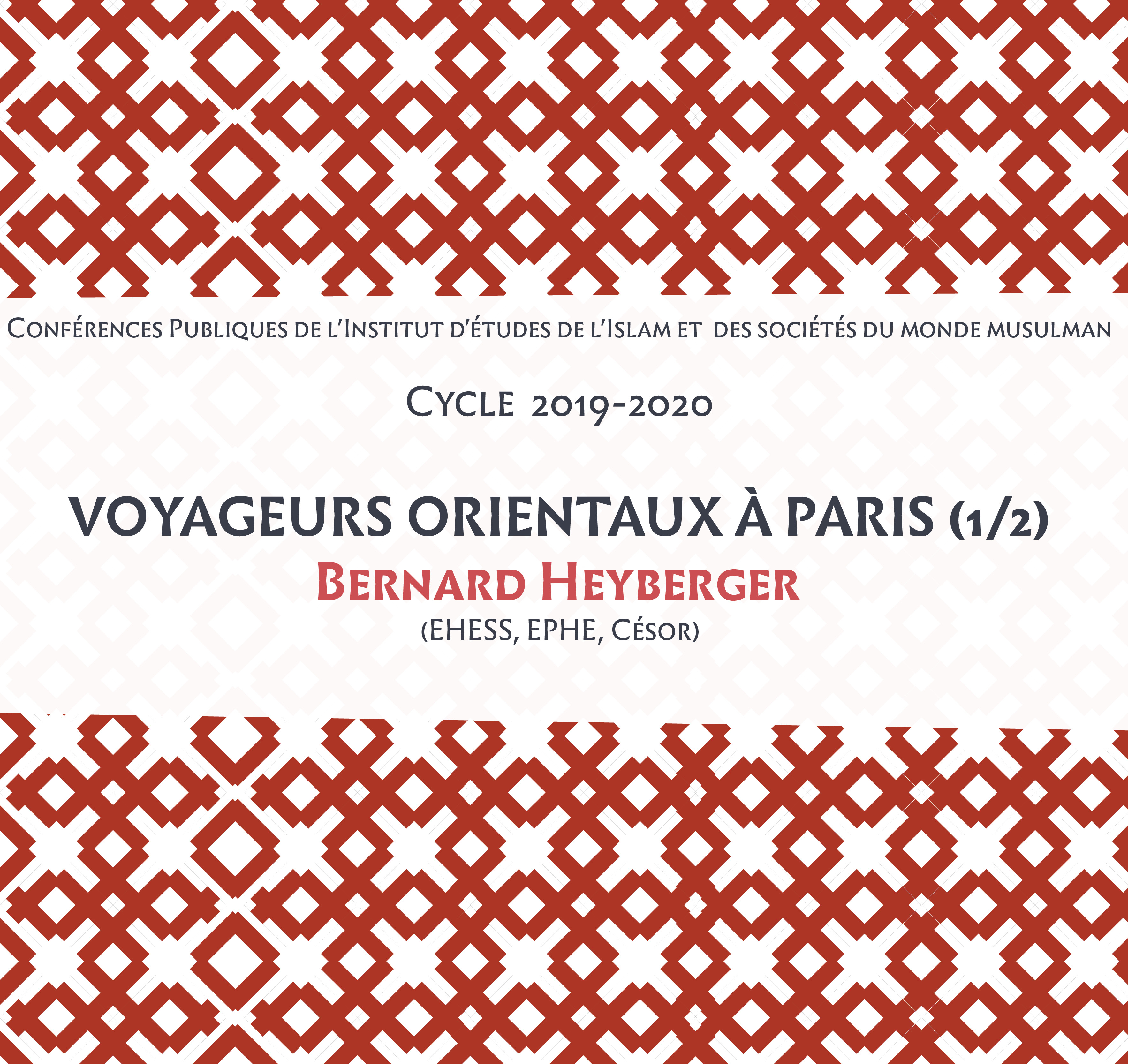Chapitres
- Ken Shibusawa33'06"
- Lionel Zinsou48'01"
Notice
Today’s initiatives and problems
- document 1 document 2 document 3
- niveau 1 niveau 2 niveau 3
Descriptif
INTERNATIONAL SYMPOSIUM : PIONEERING ETHICAL CAPITALISM
MONDAY, NOVEMBER 25TH, 2013
There is more than one way to do capitalism. In Japan, in the second half of the 19th century, a major business leader, Shibusawa Eiichi, expressed the view that business enterprise could and should simultaneously accomplish profits and enhance public welfare. The solutions he suggested are still relevant today. This symposium aims at understanding the Asian and Western origins of ethical capitalism, mapping the evolving arguments about the responsibilities of business and the changing practices of firms, debating the relations between morality and economy for globalised economies and societies in a perspective of sustainable growth.
PROGRAM
10:00 - Morning Session > What does an approach of this major issue by history bring to us?
- Moderator: Patrick Fridenson (École des hautes études en sciences sociales)
- Opening speech: Kazuo Kodama, Japanese Ambassador to the OECD
- Keynote speech: Takeo Kikkawa (Hitotsubashi University), Why ethical capitalism? Origins and development
- Geoffrey Jones (Harvard Business School), The responsibility of capitalism: past, present, future
- Janet Hunter (London School of Economics), Business and morality: can we still learn from Japan?
- Discussion
14:30 - Afternoon Session > Today’s initiatives and problems
- Moderator : Marcelo Bucheli (University of Illinois at Urbana-Champaign)Keynote speeches
- Ken Shibusawa (Founder and Chairman, Commons Asset Management), Rongo (ethics) andSoroban (business): Sustainable Capitalism
- Lionel Zinsou (Chairman and CEO, PAI partners): What does Finance mean by corporate socialresponsibility?
Round table: Can you be ethical in global business today?
- Participants: Philippe Lagayette, president of the Fondation de France ; Hartmut Berghoff, director of the German Historical Institute in Washington ; business leaders ; officials and scholars.
General discussion
Intervention / Responsable scientifique
Dans la même collection
-
What does an approach of this major issue by history bring to us?
FridensonPatrickKodamaKazuoKikkawaTakeoJonesGwilym PeredurHunterJanetThere is more than one way to do capitalism. In Japan, in the second half of the 19th century, a major business leader, Shibusawa Eiichi, expressed the view that business enterprise could and should
-
Can you be ethical in global business today?
LagayettePhilippeBerghoffHartmutThere is more than one way to do capitalism. In Japan, in the second half of the 19th century, a major business leader, Shibusawa Eiichi, expressed the view that business enterprise could and should
Sur le même thème
-
Les astrocapitalistes : conquérir, coloniser, exploiter
Saint-MartinArnaudLe sociologue Arnaud Saint-Martin (CNRS/EHESS) décrypte les enjeux économiques, politiques, géostratégiques et démocratiques d'une guerre des étoiles qui a déjà commencé...
-
Le vin argentin au défi de la mondialisation
CerdáJuan ManuelGuibertMartineÀ la fin du XIXe siècle, la structure agraire de la province de Mendoza, au pied des Andes argentines, s’est organisée autour de la petite propriété vitivinicole.
-
Machines algorithmiques, mythes et réalités
MazenodVincentVincent Mazenod, informaticien, partage le fruit de ses réflexions sur l'évolution des outils numériques, en lien avec les problématiques de souveraineté, de sécurité et de vie privée...
-
La querelle des machines au XIXe siècle
JarrigeFrançois« La querelle des machines » apparue au XIXe siècle ne cesse, depuis, de renaître régulièrement tel un phénix de ses cendres. Aujourd'hui, au coeur de ce débat, se trouve l'IA...
-
Table ronde 2/ Gauches mondiales et mouvements anti-systémiques : Discussion générale
MassiahGustaveVergèsFrançoiseBojadžijevManuelaAguirre RojasCarlos AntonioEn 2023, la Fondation Maison des sciences de l’homme fête ses 60 ans. Dans ce cadre, un colloque international autour de l’œuvre de Immanuel Wallerstein et sur son impact, intitulé « Capitalisme,
-
La mondialisation et les transformations récentes de la société marocaine
LabariBrahimBrahim Labari nous présente une étude qui s'est appuyée sur trois cas dans la région d'Agadir : un centre d'appel, une usine d'habillement et une entreprise agricole. Il explique les facteurs
-
Istanbul, ville-monde
PeraldiMichelA Istanbul, ville monde, placée comme une sorte de pivot en Méditerranée, à la jonction de deux continents, trait d’union de multiples courants, Michel Peraldi évoque l’économie de bazar pratiquée par
-
Marrakech, ville des possibles
PeraldiMichelMarrakech, ville de tous les possibles, qui d’une petite ville provinciale est devenue un des « spots » du tourisme mondial.
-
L'état du luxe : soirée autour du numéro 111 de la revue communication
AbélèsMarcCarnevaliBarbaraD'ErcoleMaria CeciliaGuindaniSaraDarrigrandMarietteLe commerce du luxe est aujourd’hui l’un de ceux qui engendrent les profits les plus spectaculaires, et il a été marqué ces vingt dernières années par une croissance exponentielle. La
-
Se restaurer à Yiwu (Chine), les restaurants musulmans comme ancrages de la mondialisation
PliezOlivierConférence d’Olivier Pliez (CNRS, ArtDev), « Se restaurer à Yiwu (Chine), les restaurants musulmans comme ancrages de la mondialisation ».
-
L’Islam a-t-il (ré)inventé la carte du monde ?
ValletÉricConférence d'Éric Vallet (Université Paris 1 Panthéon-Sorbonne), « L’Islam a-t-il (ré)inventé la carte du monde ? ».
-
Un conteur syrien à Paris en 1709
HeybergerBernardConférence de Bernard Heyberger, Historien (EHESS, EPHE, CéSor), "Un conteur syrien à Paris en 1709".













